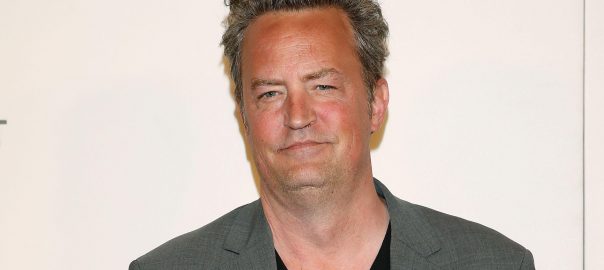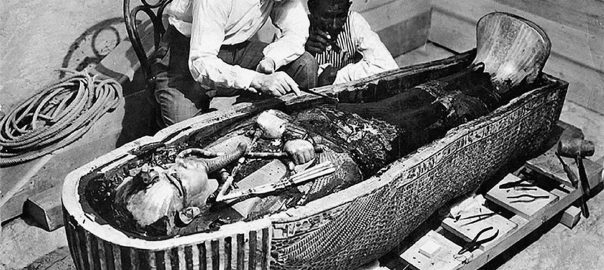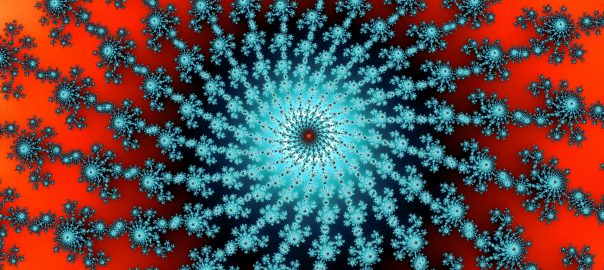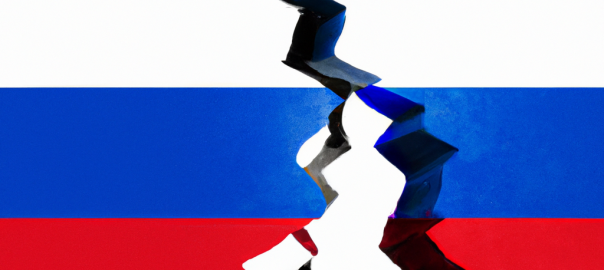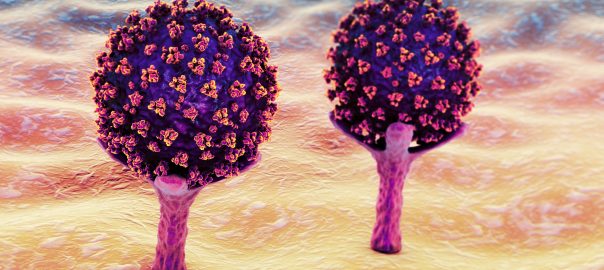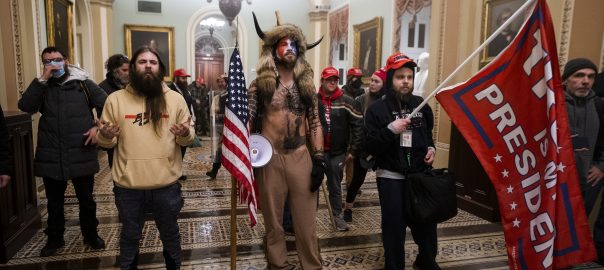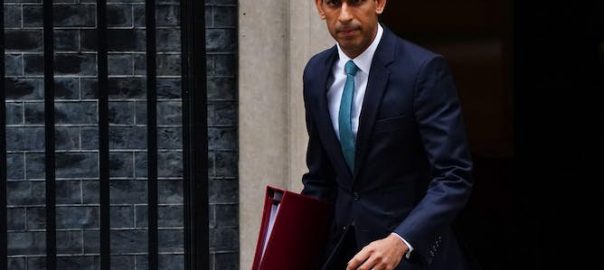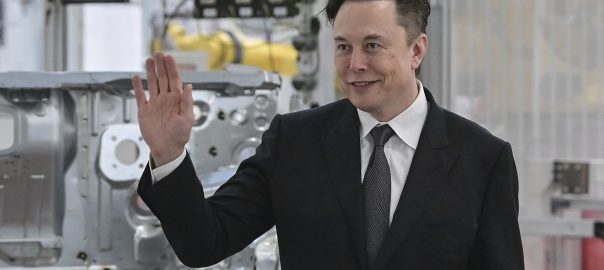Katie Bailey, King’s College London
As a boy, Terry loved music and taught himself trombone, guitar and the tuba. Right through school and university he played in the evenings in jazz groups, musical theatre and marching bands. He started work as an accountant in his early twenties, but his wide social circle in the music world meant he was still out playing gigs every evening.


